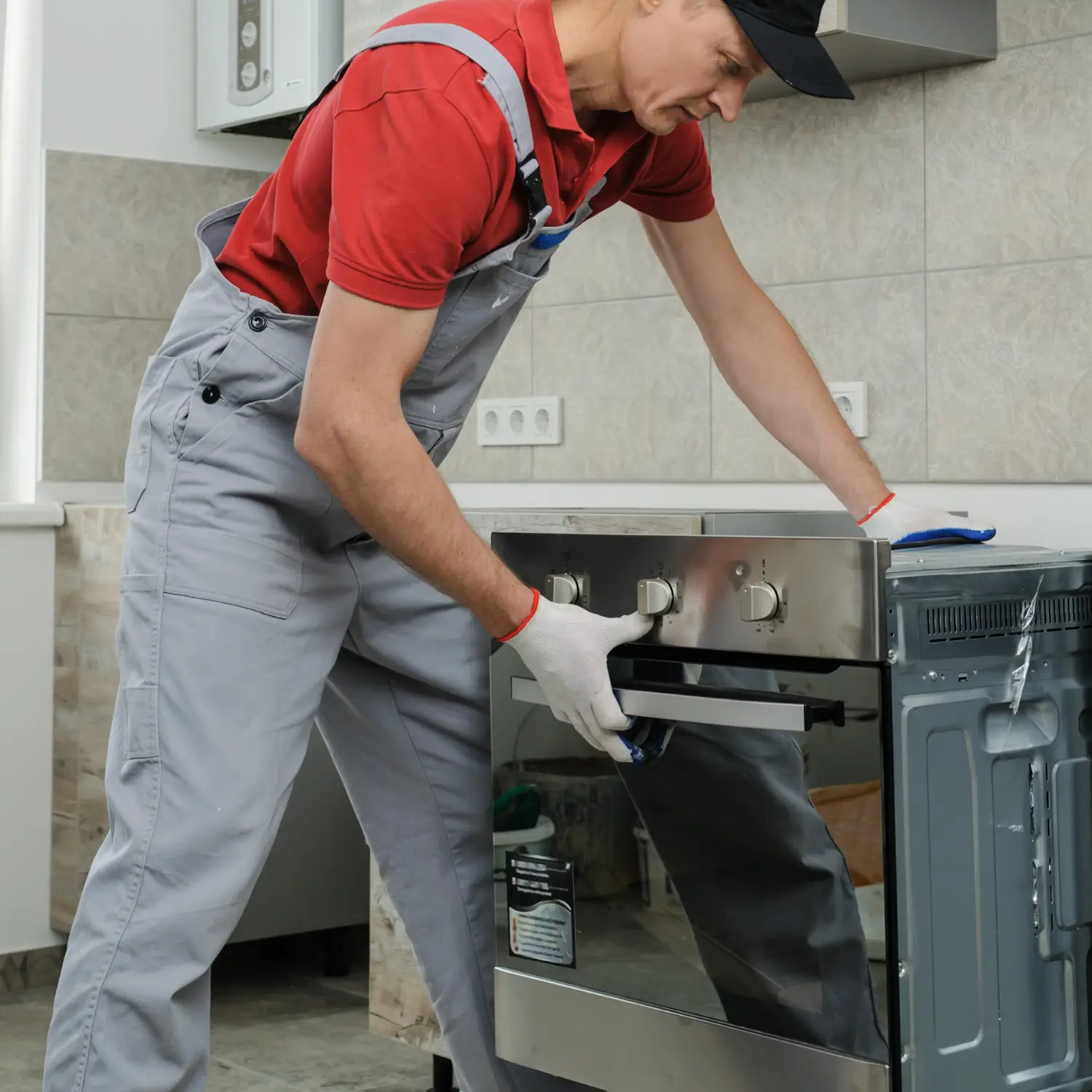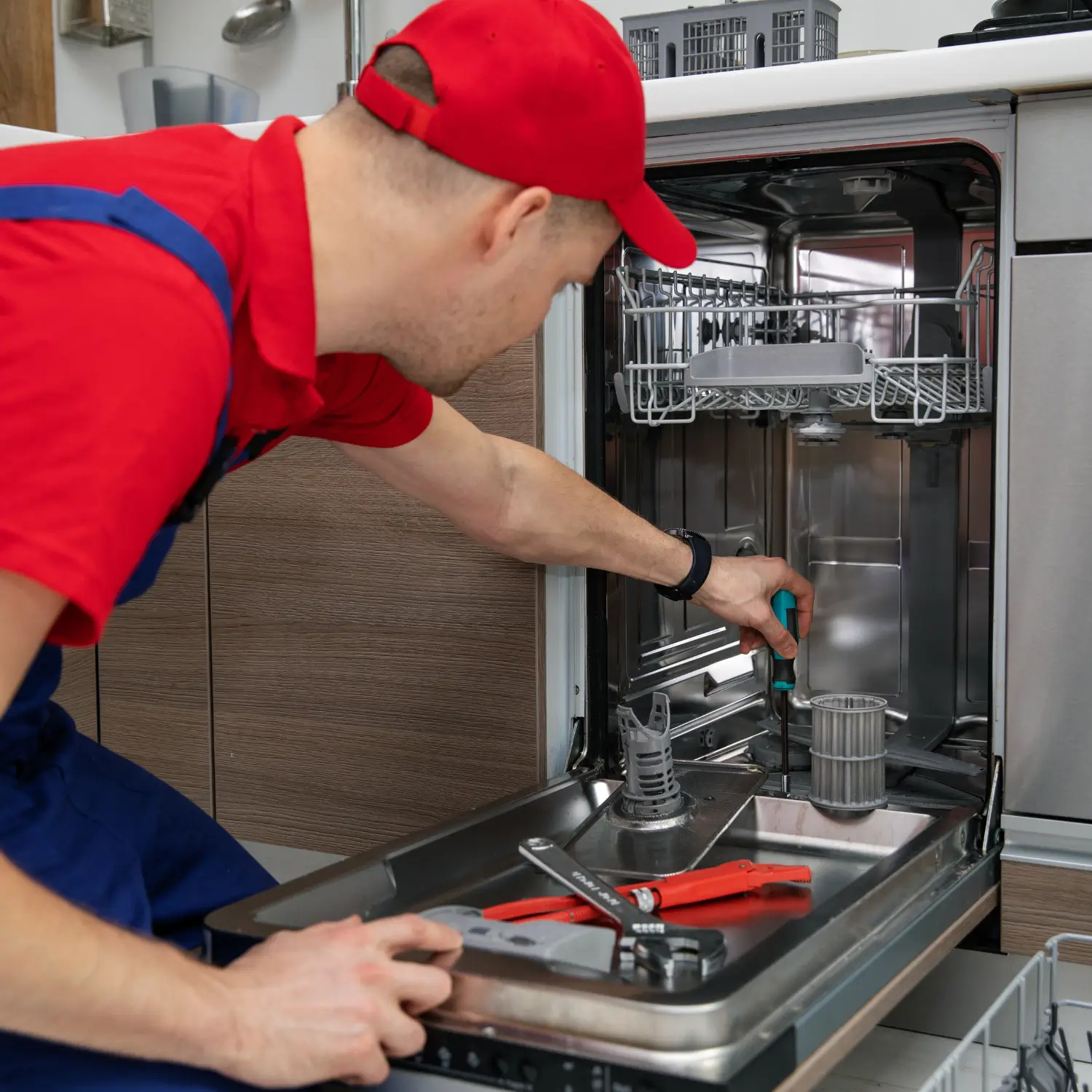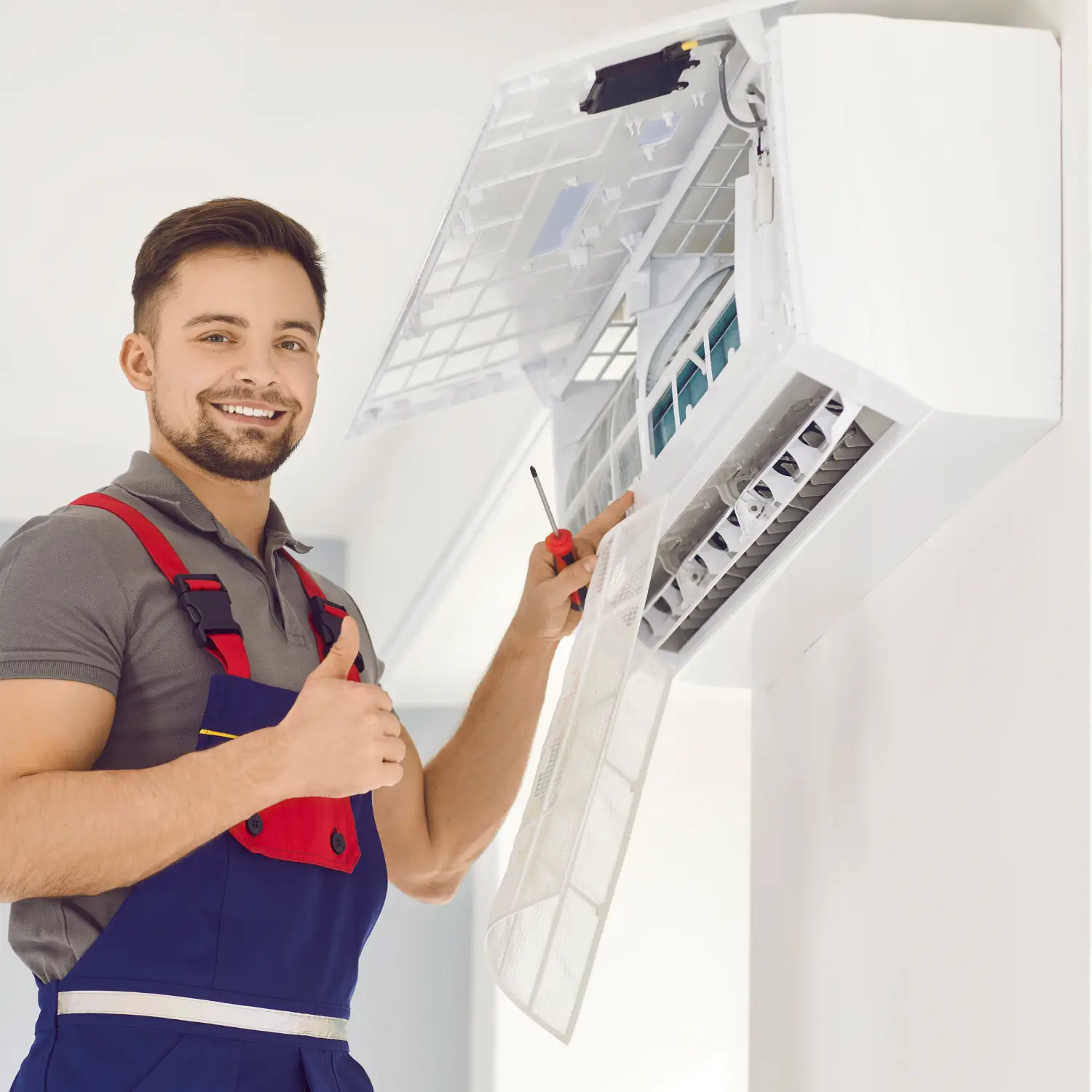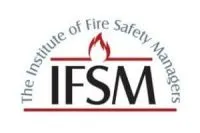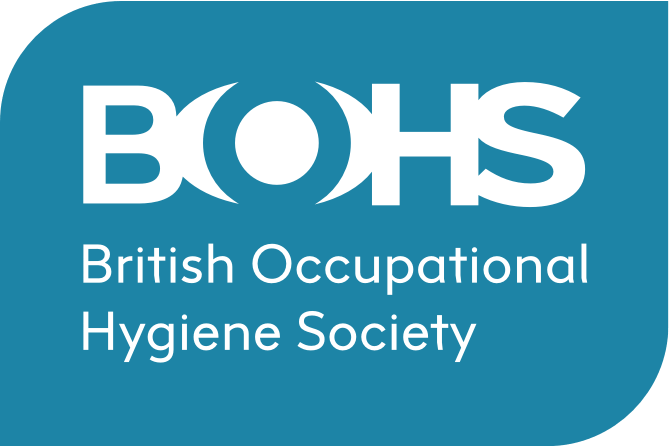Ensuring Safety, Empowering Trust
Ensure your electrical safety with a London Safety Certificate. Serving West London, we offer eco-friendly and efficient PAT testing tailored to your needs. Book your same-day service today and experience our professional, 5-star reviewed service.
ONLY £49.99
* All inclusive (No hidden Cost)
* Limited time offer upto 2 weeks from now

London Safety Certificate: Expert PAT Testing Services in West London
Portable Appliance Testing (PAT) in West London is an essential service for ensuring the safety and efficiency of electrical devices within both commercial and domestic settings. This process includes a detailed examination of electrical appliances to comply with rigorous safety standards, utilising advanced testing equipment and techniques operated by certified professionals. Regular PAT compliance enhances operational safety, extends appliance longevity, and safeguards against legal liabilities. Various appliances, from kitchen devices to high-tech office equipment, are meticulously tested to detect potential hazards and improve functionality. With safety being a paramount concern, continued exploration into PAT services will reveal additional benefits and regulatory insights.
London Safety Certificate specialises in providing top-notch PAT Testing services across West London, catering to a diverse range of clients who require meticulous electrical safety inspections. With over a decade of experience in the electrical industry, our team of skilled electricians utilises eco-friendly testing methods to ensure all portable appliances meet the highest safety standards. Recognised for our reliability, efficiency, and professionalism, we offer fast turnaround times, including same-day service options and our pricing structure is straightforward, with no hidden fees. Whether a small business or a large corporation, London Safety Certificate delivers customised testing plans tailored to meet specific operational needs while maintaining our commitment to excellence, as evidenced by our numerous 5-star reviews.

HOW CAN WE HELP
At London Safety Certificate, we specialise in providing top-tier PAT Testing services across West London, ensuring our clients comply with electrical safety regulations. Our certified technicians are committed to delivering reliable, efficient, and professional service, rigorously inspecting and testing all portable appliances to meet the highest safety standards. By choosing us for your PAT Testing needs, you are safeguarding your workplace against potential electrical hazards and fostering a safer environment for employees and customers. Trust us to help you uphold safety and compliance, minimising risks while enhancing the overall security of your electrical installations.

WHY US
Choosing the London Safety Certificate for PAT Testing in West London ensures that your electrical safety needs are met with utmost professionalism and efficiency. With over a decade of experience in the electrical industry, our team of skilled electricians employs eco-friendly testing practices, guaranteeing compliance and environmental responsibility. We understand the urgency of business needs, so we offer fast turnaround times, including same-day service options. Our services are reasonably priced, transparent, and free from unexpected charges, tailored to meet the specific requirements of your business. Our commitment to excellence is reflected in our stellar 5-star reviews, making us a reliable and professional choice for all your PAT testing needs in West London.
What is Portable Appliance Testing West London (PAT)?
What is Portable Appliance Testing (PAT) in West London? PAT is a critical procedure for ensuring the safety and functionality of electrical appliances.
This process is vital in West London, where the density of commercial and residential environments demands rigorous adherence to safety standards to prevent electrical hazards.
PAT in West London involves comprehensively examining electrical appliances using specialised testing equipment. This equipment is designed to identify defects that could lead to safety risks effectively.
The testing process includes visual inspections and more detailed electronic tests to assess the integrity of the appliance’s electrical insulation and other critical components.
Technician qualifications play a pivotal role in the PAT process. Our certified professionals with extensive training are qualified to perform these tests.
These technicians are well-versed in the latest industry best practices. They are equipped to conduct thorough risk assessments, identifying and mitigating all potential electrical hazards.
The rigorous certification process ensures that each appliance tested meets specific testing standards.
After completing testing, appliances are labelled with a pass or fail tag, and a detailed report is provided for the customer’s records.
This report is crucial for equipment maintenance and customer awareness, as it records the appliance’s safety status.
Book NowUnderstanding and Importance of PAT Testing
Understanding the importance of Portable Appliance Testing (PAT) is fundamental for maintaining electrical safety and compliance in West London’s densely populated settings. PAT testing, a critical procedure in ensuring the functional safety of electrical appliances, is often shrouded in misconceptions and myths that can undermine its effectiveness. Dispelling such myths is crucial to grasping fully the safety standards that PAT upholds.
Contrary to common misconceptions, PAT testing is not merely a bureaucratic checkbox but a vital safety protocol that identifies potential appliance risks, enhancing workplace safety and protecting lives. Each test assesses the integrity of electrical insulation and the functionality of safety features in appliances, mitigating the risks of electrical faults.
The compliance benefits of regular PAT testing are manifold, including adherence to industry best practices and avoidance of legal ramifications in case of electrical accidents. By ensuring that electrical equipment is functioning correctly, businesses can extend the equipment’s lifespan, translating into significant cost savings over time.
Advancements in testing technologies have streamlined the PAT process, making it more efficient and less intrusive. Modern PAT testers, equipped with sophisticated diagnostics, can now more accurately detect potential defects that older technologies might miss.
Moreover, the importance of rigorous training for personnel conducting PAT must be addressed. Proper training ensures that testing is carried out effectively, respecting the latest safety protocols and industry standards. Training also equips individuals with the knowledge to understand cost considerations without compromising safety.
Regulatory Compliance
Compliance with regulatory standards is imperative for businesses operating in West London, where rigorous enforcement of electrical safety laws ensures the integrity and safety of workplace environments. Adhering to these standards is a legal requirement and a fundamental component in mitigating liability issues and enhancing overall safety.
In West London, compliance audits are robust and designed to rigorously evaluate adherence to safety regulations and industry guidelines. These audits involve comprehensive risk assessments, scrutinising every aspect of electrical safety. Businesses must be prepared for these evaluations by maintaining updated Portable Appliance Testing (PAT) records and ensuring all equipment meets the specified certification processes.
The legal requirements for PAT in West London include strict inspection schedules. These schedules are part of the enforcement actions that local authorities are empowered to implement. Non-compliance can result in significant penalties, including fines and restrictions on business operations, emphasising the critical nature of staying within the bounds of the law.
Moreover, the industry guidelines provide a framework for businesses to align their operations with best practices in electrical safety. These guidelines are periodically updated, requiring businesses to stay informed and adapt their compliance strategies accordingly.
Successful integration into everyday business operations significantly reduces the risk of enforcement actions and fortifies the business against potential liability issues.
Book nowTypes of Appliances Tested
In Portable Appliance Testing (PAT) in West London, various electrical devices are rigorously examined to ensure they meet stringent safety standards. The spectrum of appliances tested is extensive, from common kitchen appliances such as microwaves and blenders to more specialised medical devices, including autoclaves and patient monitors.
Office environments necessitate testing IT hardware like computers and printers alongside other office equipment like shredders and photocopiers. These tests ensure the safety of the equipment and the continuity of business operations without electrical hazards.
Similarly, the robustness of construction equipment, including electric saws and drills, is verified through PAT to safeguard users against potential electrical and mechanical failures.
Often, sensitive and expensive laboratory instruments require meticulous testing to maintain accuracy as anxiety. This includes equipment like centrifuges, spectrophotometers, and electronic balances.
In environments where cleanliness is paramount, such as hospitals and food processing plants, cleaning machines like floor scrubbers and pressure washers are also rigorously tested.
Entertainment sectors are included; equipment ranging from stage lighting to sound systems undergoes PAT to ensure event safety.
Additionally, the increasing reliance on personal electronics like smartphones and laptops demands regular inspection to mitigate risks associated with battery malfunctions and circuit shorts.
In all cases, PAT serves as a critical process in West London, ensuring that every device, from power tools to personal electronics, is safe to operate. Thus, it protects users and maintains operational integrity across various sectors.
Book nowEvacuation Planning and Procedures
Several factors determine the frequency with which portable appliances undergo PAT in West London, including the type of appliance, its use, and the environment in which it operates. Establishing appropriate testing intervals is crucial for ensuring the safety and efficiency of electrical equipment.
Industry standards recommend varying frequencies based on the risk assessment outcomes, which consider the likelihood of damage or deterioration alongside the potential consequences of appliance failure.
For instance, appliances used in high-risk environments such as construction sites may require testing every three months due to increased exposure to harsh conditions. Conversely, office equipment like computers or photocopiers may be tested less frequently, typically every 12 to 24 months, reflecting their more controlled use and stable environment.
Maintenance schedules and equipment lifespan also play significant roles in determining testing frequency. Regular maintenance can preempt failures, extend the appliance’s life, and elongate the intervals between each PAT test.
However, as equipment ages, more frequent tests are necessary to mitigate wear and tear risks.
Furthermore, adherence to documentation practices is essential. Detailed records of tests, faults, repairs, and replacements contribute to a comprehensive understanding of an appliance’s history and condition, guiding the scheduling of future tests.
Technological advancements also influence the frequency of PAT testing. Newer models with advanced safety features warrant less frequent checks, while older models require more attention.
Lastly, training users on proper handling and emergency procedures can reduce the risk of appliance misuse, thus potentially impacting the frequency of necessary testing.
Book nowChoosing a Pat Testing Service in West London
Why should you carefully select a PAT testing service? The choice directly influences the safety, comp your business, and operational efficiency of your service comparison is essential. Assessing various providers based on technician qualifications, equipment used, and adherence to local regulations ensures that the service meets stringent safety standards.
When evaluating PAT testing services, consider the pricing strategies. Opt for transparent pricing that aligns with the complexity of your needs without compromising service quality. Examine customer reviews to gauge reliability and customer satisfaction. This feedback provides insight into the effectiveness and professionalism of the service.
Pay attention to the booking processes. A streamlined system indicates a well-organized service, reducing potential disruptions to your business operations. Service guarantees are another critical factor. These assurances, often reflected in turnaround times, underscore the provider’s commitment to timely and effective service delivery.
Furthermore, confirm the types of equipment used. Advanced technology implies more accurate diagnostics and efficiency, minimising downtime for your equipment. Local regulations must also be considered to ensure the service’s compliance and avoid legal repercussions.
Lastly, robust customer support is indispensable. It reflects the service’s dedication to resolving issues and supporting your business post-testing. This support, coupled with the factors above, will guide you in selecting a PAT testing service that meets and exceeds your expectations, ensuring safety, compliance, and efficiency in your business operations.
Common PAT Testing Challenges
Despite its critical role in ensuring workplace safety and equipment functionality, PAT (Portable Appliance Testing) presents several challenges that complicate the testing process. These challenges not only affect the efficiency of the testing procedure but also influence the overall safety and compliance outcomes. Understanding these obstacles is crucial for entities undertaking or contracting PAT services in West London.

Technician Qualifications and Staff Training
Ensuring technicians are properly qualified and continually trained according to the latest certification processes and industry standards is a persistent challenge. Each technician must understand the nuances of different testing equipment and the specific risk assessment protocols for various appliances and adhere to evolving industry standards.

Cost Factors and Testing
Frequency
Balancing the cost factors with the recommended testing frequency poses significant challenges, especially for small to medium-sized enterprises. High-quality testing equipment and skilled technician services come at a price. Additionally, optimising the frequency of testing required to maintain safety standards without causing undue financial burden can be difficult

Common Misconceptions and Certification Processes
There are prevalent misconceptions about PAT testing, such as the belief that it is an optional or overly frequent requirement. Dispelling these myths is crucial for compliance.Moreover, navigating the certification processes, which validate the competence of the testing procedure and ensure adherence to legal and safety norms, is often complex and time-consuming.
These challenges demand a strategic approach to PAT testing, emphasising the importance of expertise, proper planning, and resource allocation to overcome them effectively.
Benefits Beyond Compliance
Understanding the common challenges associated with Portable Appliance Testing prepares organisations for the complexities of compliance and sets the stage for appreciating the additional benefits of adherence to these standards.
Beyond mere regulatory fulfilment, strategic implementation of PAT enhances operational efficiency, a cornerstone for achieving immediate and long-term cost savings. This efficiency arises from the system systematically identifying and rectifying electrical faults before they escalate into costly failures, thereby improving maintenance planning and reducing downtime.
Furthermore, a robust PAT regime bolsters risk management processes by systematically diminishing the likelihood of electrical accidents and enhancing employee morale through demonstrated commitment to safety.
This proactive safety culture significantly mitigates potential legal liabilities and strengthens insurance benefits by presenting organisations as lower-risk entities. Additionally, equipment longevity is directly influenced by regular and thorough testing, ensuring that appliances operate at optimal levels for extended periods, thus deferring the financial burden of premature replacements.
Operationalizing PAT also strengthens its brand reputation. In an era when corporate responsibility increasingly influences consumer decisions, demonstrating rigorous compliance and a proactive safety stance fosters customer trust.
This trust, once established, becomes a powerful differentiator in competitive markets, aligning with enhanced brand loyalty.
Commercial and Domestic PAT Testing
Portable Appliance Testing (PAT) is essential in commercial and domestic settings. It ensures electrical appliances meet stringent safety standards, ensuring compliance and significantly enhancing safety and operational efficiency.
In commercial settings, where electrical appliances’ volume and usage frequency are typically higher than in homes, PAT testing becomes crucial in preventing workplace hazards. Regular electrical inspections and risk assessments are mandated to mitigate risks associated with electrical failures, which could lead to severe injuries or operational downtime.
For businesses, maintaining a rigorous equipment maintenance schedule is part of fulfilling tenant responsibilities and adhering to service agreements that ensure safety and functionality.
Conversely, in domestic settings, PAT testing focuses slightly on home safety and preventing electrical mishaps in everyday life. Households benefit from understanding their equipment’s condition through detailed electrical inspections, part of a broader risk assessment strategy to protect residents and property.
The certification process promotes safety and informs homeowners about necessary upgrades or replacements, ensuring that all household appliances meet current electrical standards.
Key Aspects of Effective PAT Testing:

Thorough Risk Assessment
Identifying potential risks associated with electrical appliances to tailor the testing approach.

Use of Advanced Testing Equipment
Ensuring accurate diagnostics and assessments to uphold electrical standards.

Regular Certification and Documentation
Maintaining up-to-date records of testing outcomes and compliance status to meet legal and safety requirements.
Business and Construction PAT Testing
Portable Appliance Testing (PAT) acquires heightened significance in business and construction due to the heavy reliance on electrical machinery and tools. Ensuring these devices function safely is pivotal for operational efficiency and upholding stringent business safety and construction standards.
Effective equipment maintenance and regular PAT are foundational to mitigating electrical hazards. In construction environments, where temporary setups and rugged conditions prevail, the risk of electrical malfunctions is notably elevated. PAT becomes an indispensable part of the risk assessment processes, designed to identify faults that could preemptively lead to severe workplace incidents.
Further embedding the culture of safety and workplace training in properly handling electrical tools is crucial. This training should cover conducting preliminary checks and understanding PAT results. Additionally, it should emphasise the importance of incident reporting—a critical feedback mechanism to prevent future occurrences and reinforce safety protocols.
Contractor responsibilities in this domain extend beyond mere compliance with operational norms. They ensure that all electrical tools and machinery are tested regularly and comply with the latest safety regulations. Compliance audits often validate this responsibility, which provides an external verification layer to the internal safety checks.
Lastly, the role of safety equipment—sculpted gloves and mats, voltage testers, and circuit breakers—cannot be understated. These tools are essential in safeguarding workers from electrical shocks and other related hazards and fortifying the safety framework within the business and construction sectors.
Book nowSafety Protocols and Tips
Businesses must rigorously implement and adhere to structured safety protocols to establish a robust safety infrastructure. This involves a comprehensive approach to hazard identification, risk assessment, and preventative measures. By focusing on these areas, organisations in West London can ensure safety during Portable Appliance Testing (PAT) and other electrical inspections.
Effective safety protocols in PAT testing involve several critical components:
Regular Equipment Maintenance and Inspections
Ensuring that all testing equipment and related tools are regularly checked and maintained can prevent accidents caused by faulty machinery. This includes adhering to manufacturer guidelines and scheduling preventive maintenance.
Comprehensive Employee Training
All personnel involved in PAT testing must receive thorough training on the latest safety measures, compliance updates, and emergency procedures. This training should cover electrical safety, fire safety, and effective incident reporting systems to enhance response times and mitigation strategies.
Implementation of Emergency Procedures and Incident Reporting
You can set up emergency procedures, including immediate steps to handle electrical faults, fires, and other safety hazards. Having a well-practised response plan that all employees are familiar with is important.
Additionally, it is a vital ally, a systematic incident reporting mechanism that helps record and analyse occurrences to prevent future incidents. Adhering to these protocols ensures compliance with the latest safety standards and fosters a safety culture prioritising the well-being of everyone involved. Through diligent application of these measures, businesses can mitigate risks associated with electrical testing and enhance overall safety.
Why Choose PAT Testing from London Safety Certificate for Ensuring Your Electrical Safety?
PAT (Portable Appliance Testing) is an essential procedure for any business that regularly uses electrical equipment. At London Safety Certificate, we specialise in providing top-tier PAT Testing services that cater to the needs of various businesses across West London. Our service is designed to ensure the safety and compliance of your electrical appliances and integrate seamlessly with your business operations without causing significant downtime or disruption.
Utilising the latest technology in PAT Testing, our skilled technicians can conduct precise and efficient inspections and testing of all portable electrical devices. This technology allows for quick diagnostics and accurate results, minimising the time your equipment is out of service and enhancing productivity within your workplace. Furthermore, our advanced methods meet the highest standards of safety regulations, ensuring that your business remains compliant with current electrical safety laws. This proactive electrical safety approach can help prevent accidents and promote a safer working environment.
Alongside our testing services, we provide detailed reports and recommendations for any detected issues. These comprehensive assessments are crucial for maintaining the integrity and longevity of your electrical appliances. By identifying potential hazards before they lead to serious problems, we help you address minor issues promptly, thereby avoiding costly repairs or replacements in the future. Serving businesses across West London, London Safety Certificate is dedicated to upholding the highest electrical safety and compliance levels, ensuring your operations run smoothly and safely.
FAQs
In London, regulations dictate the validity period of a PAT testing certificate. Adherence requires understanding renewal frequency, testing accuracy, provider accreditation, and customised reporting. For safety and legal compliance, maintain compliance with these rules.
To maintain the validity and accuracy of your PAT testing certification over time, prioritise regular maintenance, adhere to inspection intervals, fulfil training requirements, maintain detailed record keeping, and conduct thorough risk assessments. Consistency is key for compliance and safety.
Would you be able to find a trusted PAT testing provider in London? Start by conducting an accreditation check. It’s crucial for consumer trust, service quality, and credibility assurance. Could you verify their credentials thoroughly for peace of mind?
Consider industry standards, certification criteria, and thorough testing when differentiating PAT testing certificates. Verify credibility with recognised qualifications and adherence to regulations. Confirm the certificate meets industry requirements for thorough and reliable testing.
You can request customised reporting and additional documentation to meet internal or industry standards. Different certifications may offer varying levels of detail. Verify your PAT testing certificate aligns with your needs for compliance and safety.


